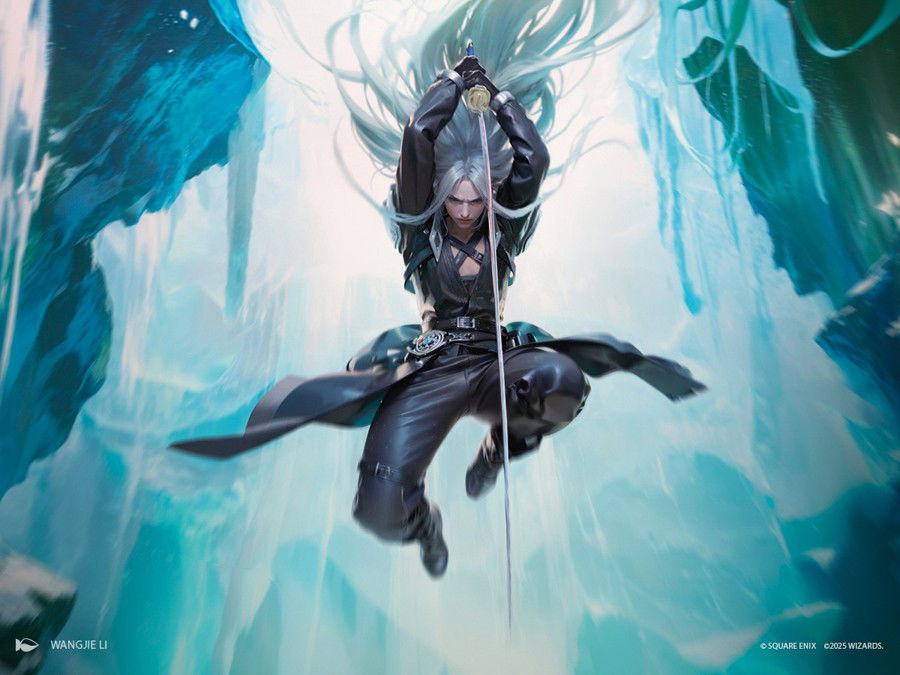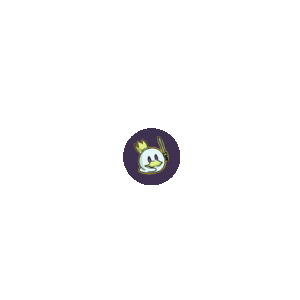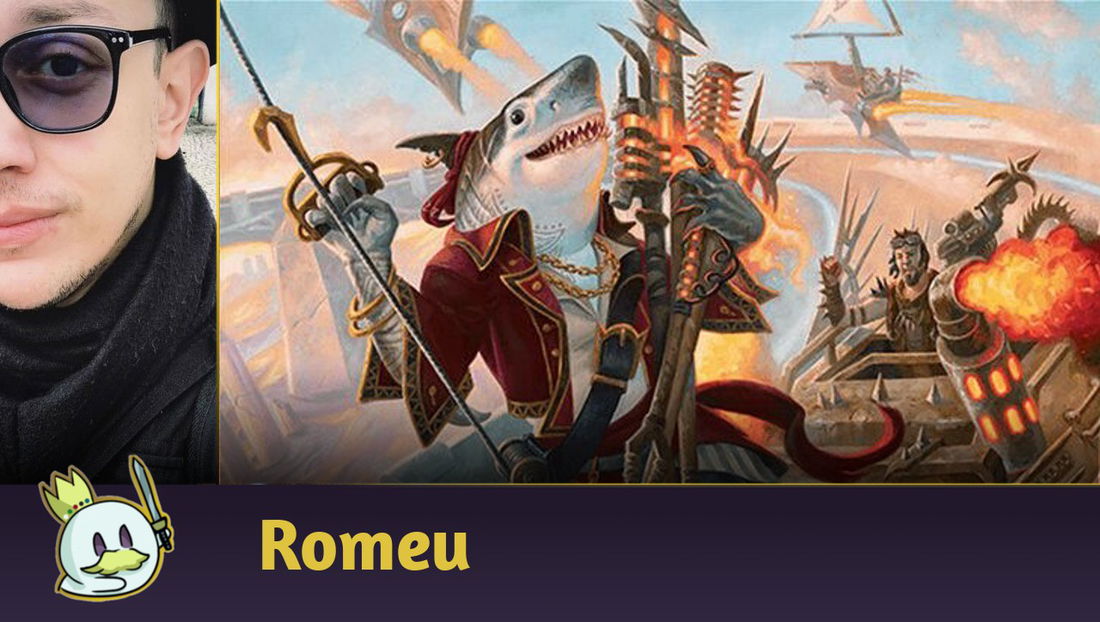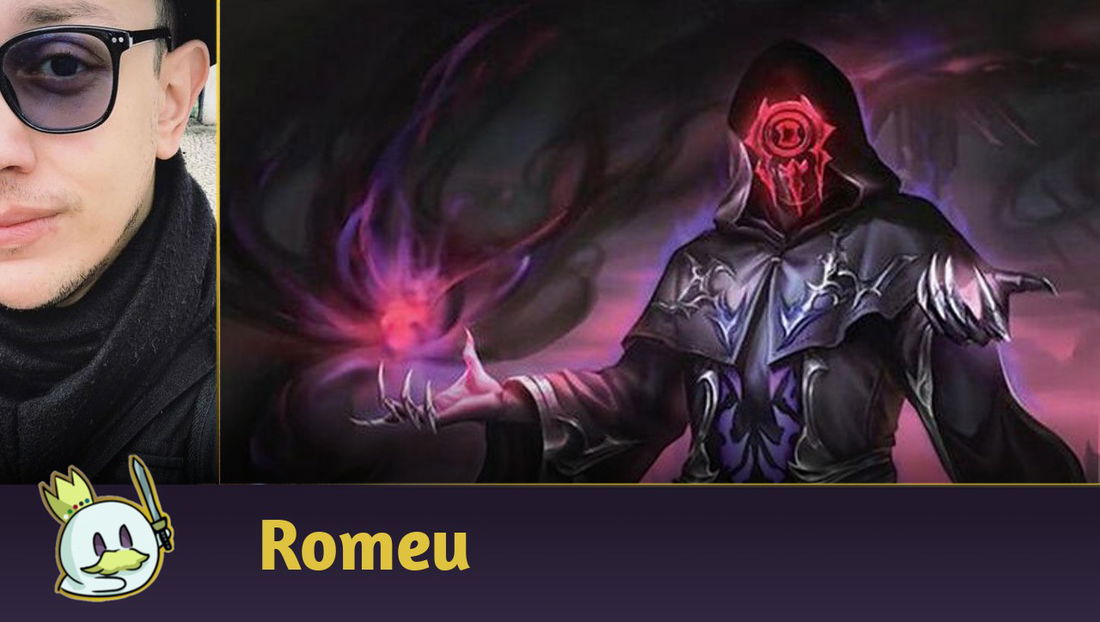Before we get into that conversation, let me make a disclaimer about where my premise is coming from: I've been a Final Fantasy fan since I was seven, eight years longer than I've been playing Magic. Seeing these two universes collide is like a dream come true.
I've already pre-ordered the Commander decks, and I am negotiating with local stores to get copies of every card in the set. My focus on collecting Magic now will be exclusively on Final Fantasy and the challenge of getting all the cards, including possible Secret Lairs and the Japan-exclusive promos. If there's one thing I understand and have complete empathy for, it's how excited Final Fantasy fans are about this expansion, and there's no problem in being hyped about the set.
In Magic, my main focus is on competitive constructed formats. Today, given the circumstances of low support for the card game in Brazil, I invest a lot of my time playing online to create content instead of trying to compete in RCQs — it is not economically viable to dream of a Pro Tour today for the vast majority of Brazilians, and I do not recommend following the habit of making several financial concessions to “live the dream”.
I follow competitive Magic daily in several ways and my focus, in most of my articles, is on opinions and analyses around competitive players and the casual audience that likes to play ranked matches and casual tournaments — and also with the mantra that Magic is a product to be sold.
From the perspective presented above, as a Magic player, the success of Final Fantasy is frightening. The expansion is already the best-selling set in the history of the card game, and there are several marketplaces around the world where its products are sold out, in addition to the common practice of scalping that was already expected for an expansion with such a large collectible potential and expanded scope.
The conventional wisdom was that Marvel would be the most anticipated and best-selling set of the year. While there's still time until Spider-Man comes out, it's clear from early pre-orders that Final Fantasy has outperformed its numbers, whether due to timing or because Marvel's fan base is very divided, and while many more people might like Marvel than Final Fantasy, there are many who love Final Fantasy.

Final Fantasy will sell well. It already has. It will exceed expectations and perhaps even surpass the supply that Wizards/Hasbro planned for the product at its launch. The set, after all, will only be officially released on June 13th and is the first release in the Universes Beyond series that is legal in every format.
Ad
Competitive Magic is where this increase in demand raises concerns. This year, there are three Universes Beyond sets, all with premium product prices, that is, a little more expensive than usual — the increase already makes enough of a difference for audiences in countries with valued currencies like the dollar and euro to be unhappy and to express their dissatisfaction on social media, but for countries like Brazil, the prices of Universes Beyond are putting off many people from getting into Magic, as we have addressed earlier when the Universes Beyond price hike was first announced.
The expectation of a more expensive card game has been permeating the community since they announced six sets this year, all legal in Standard. The price increase for Universes Beyond and the reduction in the number of packs per box were just the icing on the cake, and we have not yet assessed what potential logistical problems the US tariffs may cause in the card game: prerelease dices, for example, are manufactured in China, and we cannot ignore the possibility that the cost of printing the cards, even if made in the United States, will increase due to the price of the raw material for manufacturing — all of this could eventually lead to an even more expensive Magic starting in 2026.
Given these circumstances, Magic x Final Fantasy becomes scary as it creates a new goal for Wizards of the Coast. No matter how much the expansion sells, the next main set of Universes Beyond needs to sell more.
In recent years, we've seen Magic grow considerably compared to what it once was: Wizards is now worth over a billion dollars in market value and is Hasbro's largest source of revenue — Magic grew 45% in the first quarter of 2025, and is expected to grow further in the second and third halves, driven by Final Fantasy sales, with growth continuing at the end of the year driven by Spider-Man and Avatar: The Last Airbender, both expected in the fourth quarter.
Where do we go from here? One of Hasbro's common practices in recent years has been to boost Magic's sales volume by any means necessary, even if it hurts the game's long-term health or player base's trust.
Recent examples include the Through the Omenpaths series, which was created to fill the gap that Universes Beyond's lack of digital licensing could cause — for practical purposes, Spider-Man will not be released on Magic Arena and Magic Online, and instead, players in those mediums will have a set with cards that have the same abilities and costs, but different names and artwork from the paper set.

For the first time, Magic will have a major, unfixable communication dissonance between the two mediums after years of trying to make the platforms resemble paper. This event sets a precedent and another warning sign about long-term health: information dissonance and irreversible differences between one platform and another will be problems that may manifest in other expansions — it has already been confirmed that the other Marvel sets will receive the same treatment — and in future partnerships.
Ad
Final Fantasy, fortunately, does not have this problem: the cards will be the same in Magic Arena and MTGO, without any changes at the moment. The same cannot be said for another future partnership between Wizards of the Coast and Square Enix, given the chances of a second FF set in the future are there, given the sales volume.
Wizards and Magic will grow in 2025, although it is unknown whether this will translate into more active players of the TCG. Overall, it doesn't matter: the numbers will go up, and going up numbers are what motivated most of Hasbro's decisions about the game.
With a new precedent for "best-selling set in history", perhaps with considerably higher numbers than its predecessor, Lord of the Rings, Hasbro will most likely capitalize on this success to double down.
This has been the company's operating method for everything that works in Magic — full-art lands, different foil treatments, special borders and frames, extra slots, anime illustrations, among others are some examples of things that worked well in the past and are now widely used compared to other times in what is called booster fun — and “doubling down” in this case could mean three factors:
None of these options are good for Magic as a game, brand, and identity. No option that involves raising prices to keep numbers growing is beneficial for any brand aiming for entertainment in times of crisis and uncertainty with a recession.
Ad

Recently, discussions have taken over the gaming community about raising the price of games to $80, while all the best-reviewed titles of the year so far have been games with a more limited budget and more affordable prices. Although anecdotal, the lesson here is that there are situations where less is more: your game costing $50 instead of $80 can bring in more buyers, even if it doesn't offer the most impressive graphical experience, or the most cinematic visual effects — not every game is or needs to be GTA VI.
In the world of TCGs, a growing market with more and more potential competitors against the “Big Three” (Magic, Pokémon, Yu-Gi-Oh!), understanding this concept of less is more can be the difference between success and failure.
In the case of Magic, it's hard to look with optimism at a game that has constantly bet on more and made constant concessions to obtain record profits year after year, even if this comes at the expense of further suppressing the wallets of its target audience or damaging the integrity of things as important as maintaining the same release window and aesthetics between its physical and digital platforms.
Perhaps it's the audience that has changed. We're still talking about players and collectors — it's worth remembering that the reserved list was created to provide "investment security" for this audience — but the pendulum axis is now much more focused on the second installment rather than the first.
Magic may be slowly moving away from the concept of a game to increasingly become a collectible, as if it were a cardboard NFT for those who can afford to pay for Secret Lairs, or buy hundreds of Collector Boosters. Either way, it has become even closer to an elite hobby and has moved away on all fronts from being an inviting and inclusive game for diverse age groups and regional demographics.
I couldn't be happier to see the union of my favorite franchises become the best-selling expansion in history, and I would be satisfied if this were the limit for Magic. But it won't be, not for Hasbro. The numbers need to keep growing, and the offensives to boost these numbers after the effect of FF on the card game's sales can affect much more than just the amount of products sold, but the way of producing and viewing Magic now that it has been further proven that Universes Beyond is the way to boost sales, and capitalizing on the collectible factor is the passport to creating the future "best-selling set of all-time".
As a player, my only hope is that, one day, Hasbro will discover that numbers can't go up forever. And find it out before it's too late to the point Magic is just a shadow of its former self, unable to regain the trust it may lose to please shareholders. Just as not every game needs to be a GTA VI, not every Magic set needs to be a Final Fantasy.
Ad








— Comments
0Soyez le premier à commenter